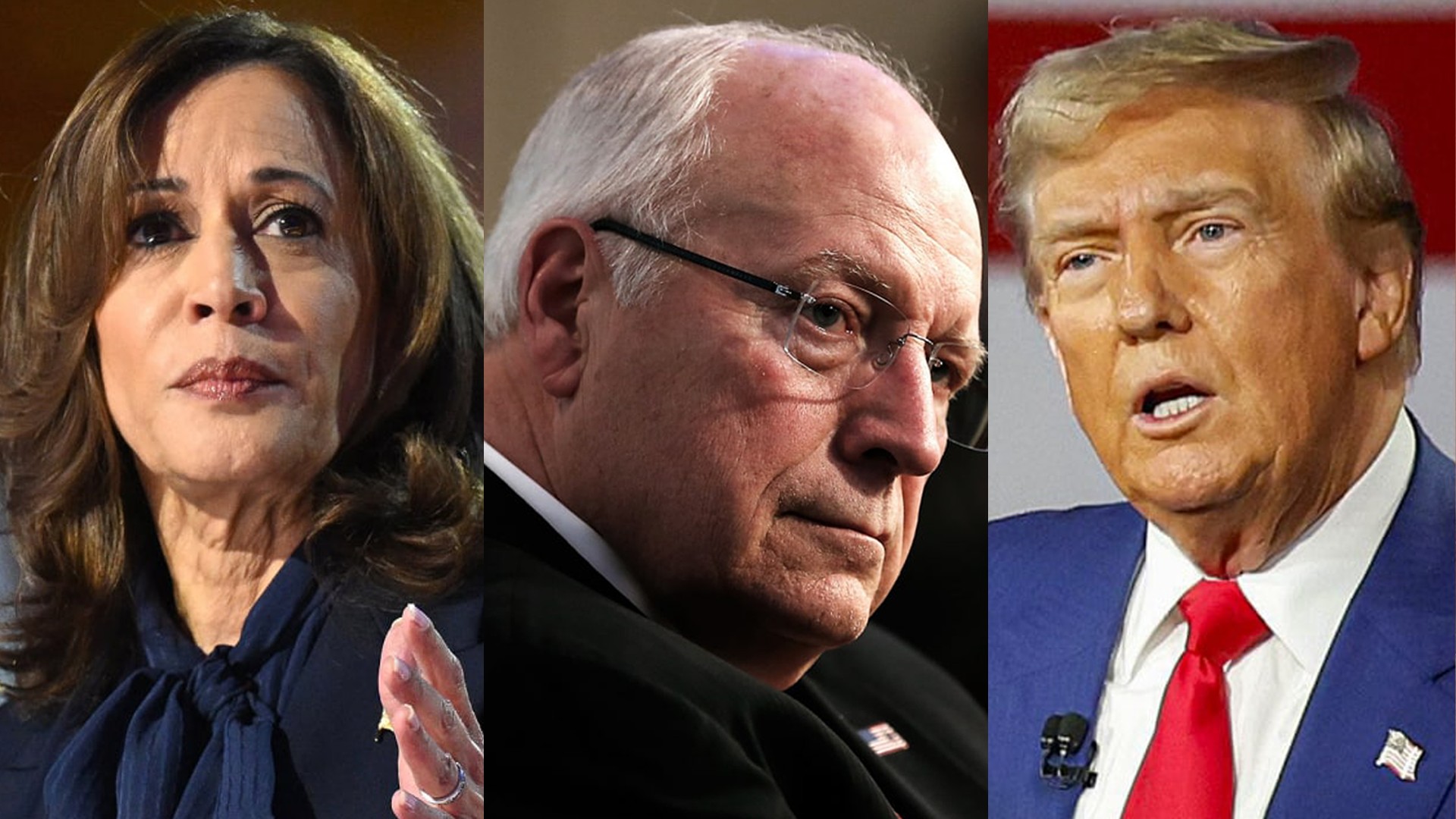In a surprising and highly consequential move, former Vice President Dick Cheney has announced his decision to vote for Kamala Harris in the upcoming presidential election, breaking from his lifelong Republican alignment. Cheney’s endorsement, revealed by his daughter Liz Cheney during an interview at The Texas Tribune Festival, marks a profound departure from his past support of Donald Trump and highlights his growing disapproval of the former president.
Reasons Behind Cheney’s Endorsement of Harris
1. Opposition to Trump’s Trustworthiness
Dick Cheney’s endorsement of Kamala Harris is underpinned by his deep-seated belief that Donald Trump “can never be trusted with power again.” Cheney’s statement underscores a significant shift in his political stance, reflecting a fundamental concern about Trump’s suitability for leadership. This sentiment is rooted in Cheney’s perception of Trump as a threat to the Constitution and democratic norms, positioning Cheney’s endorsement of Harris as a defense of these core principles.
2. Duty to Prioritize Country Over Partisanship
Cheney’s statement emphasizes a commitment to placing the country’s interests above partisan loyalties. By endorsing Harris, Cheney is advocating for a broader sense of civic responsibility, arguing that defending the Constitution and democratic values transcends party lines. This perspective aligns with Cheney’s belief that the current political climate necessitates a departure from blind party allegiance in favor of safeguarding national integrity.
3. Criticism of Trump’s Actions and Behavior
Dick Cheney has been vocal in his criticism of Trump’s actions and policies, particularly regarding his efforts to overturn the results of the 2020 presidential election. Cheney has previously condemned Trump for attempting to “steal the last election using lies and violence,” reflecting a broader critique of Trump’s conduct. This critique, which paints Trump as a dangerous and untrustworthy figure, has been a driving force behind Cheney’s decision to support Harris.
4. Impact of Liz Cheney’s Re-election Campaign
The endorsement also reflects the impact of Liz Cheney’s ill-fated re-election campaign in 2022. Dick Cheney’s support for his daughter, who was a vocal critic of Trump, further solidified his opposition to the former president. Liz Cheney’s efforts to challenge Trump’s influence and her role in the impeachment proceedings against him contributed to a significant rift between the Cheney family and Trump. This familial alignment against Trump highlights Cheney’s broader political and moral objections to Trump’s leadership.
5. Erosion of Cheney Family Support
The Cheney family’s support for Trump has markedly eroded over time. Initially backing Trump in 2016, both Dick and Liz Cheney grew disillusioned with his presidency, particularly due to disagreements over his foreign policy decisions and his criticism of past Republican stances. This growing divide has led to a diminished willingness to support Trump in subsequent elections, reflecting a broader trend among some Republicans distancing themselves from his influence.
6. Changing Political Landscape
Cheney’s endorsement of Harris also reflects a shifting political landscape within the GOP. As the party has increasingly embraced Trump, figures like Dick Cheney and his daughter have found themselves at odds with the party’s direction. Cheney’s decision to support Harris underscores a broader trend of Republicans who are disenchanted with Trump’s influence and are seeking alternative leadership.
Reactions and Implications
Trump’s response to Cheney’s endorsement was predictably critical. On his Truth Social platform, Trump dismissed Cheney as an “irrelevant RINO” (Republican in name only), and his spokesperson sarcastically questioned the significance of Liz Cheney. This reaction highlights the ongoing tensions between Trump and those who oppose him within the GOP.
The endorsement also positions Cheney in a unique political space, aligning with Democrats in a way he has never done before. While Cheney has had friendships with Democrats, this is the first time he has supported a Democratic presidential candidate. This move is likely to further alienate Cheney from the current Republican base, which remains largely supportive of Trump.
In summary, Dick Cheney’s endorsement of Kamala Harris represents a significant and symbolic rejection of Donald Trump’s leadership. Driven by concerns about Trump’s trustworthiness, a sense of duty to uphold constitutional values, and the impact of his daughter’s political struggles, Cheney’s decision reflects a broader shift within the GOP and highlights the deep divisions within American politics.

